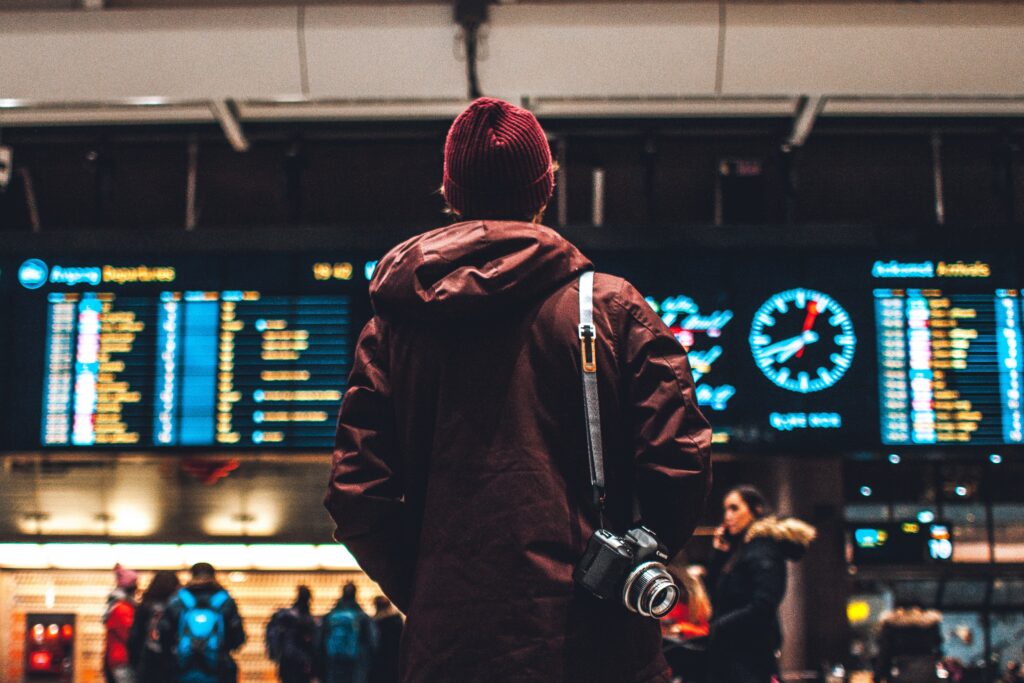- Fill out your arrivals card and declare or dispose any at risk goods
For many of us it’s been quite some time since we’ve had to fill out an arrivals card. This declaration form is just as important now as it was pre-pandemic so make sure you bring a pen so you can fill it out on the plane and have it ready to go upon landing. Remember to declare all goods that pose a biosecurity risk including food, plants, wooden products, soil, water, outdoor equipment, and animal products. If in doubt, declare or dispose of them in the amnesty bins provided throughout your pathway on arrival! And remember this includes food or snacks that you may have put aside on the plane! Don’t let the apple your child put into your carry-on turn into a $400 fine.
- Avoid bringing at risk goods if at all possible
Think twice about bringing home at-risk goods at the moment. Queues at the airport may be longer due to all the pandemic protocols in place. Having to declare your goods may add a significant amount of time to your arrival. Think twice about the items you need to declare, do you really need to bring them home this time? Or can they wait until a later visit?
- Collect your Welcome Home pack quickly
All travellers eligible to bypass MIQ will receive a welcome pack from biosecurity staff. This pack contains your rapid-antigen tests and all you need to know about them including how to report your results and stay safe from COVID-19 while in New Zealand. Please ensure everyone you are travelling with collects a pack. Please avoid asking biosecurity staff any health related or testing questions, they are not medical staff and you will only hold up the queue for yourself and others. If you have more questions after reading the information in the pack, please visit the Unite Against Covid-19 website.
- Don’t stop for the detector dogs
The cutest response to New Zealand’s biosecurity network is the team of highly trained detector dogs who check the bags of incoming passengers from planes and boats. When the dog approaches you it’s important to keep walking, the dog will check your bag as you move. You only need to stop if the dog handler asks you to, otherwise you risk slowing down yourself and others behind you. It’s also important to remember that while these dogs may look cute they are working animals. Please avoid trying to pat or touch them. This is especially important to explain to children. If you would like to talk to your kids about the dogs and the important role they play, plus watch a video with the cute new trainees see the Biosecurity New Zealand website.
- Be kind
For many of our offshore community finally arriving back into New Zealand will be highly emotional. We have never in our lives had a situation where we have been unable to travel back and forth to see family and friends. Almost all of us have missed important events over the past two years, and getting through the airport at the end of a trip is always the most frustrating part. Biosecurity staff are just doing their jobs, please follow all procedures and have everything ready for staff to check. Dispose of any at risk items in the bins provided to avoid getting a fine, and be patient with staff who are working as fast as they can to process everyone. Please remember biosecurity staff are people too, the last two years have been hard on them as well and we are all looking forward to things getting back to some sort of normal.
For more information on returning to New Zealand including vaccine passports, travelling around NZ and Covid testing centres take a look at our list of official website links here.

 MENU
MENU









